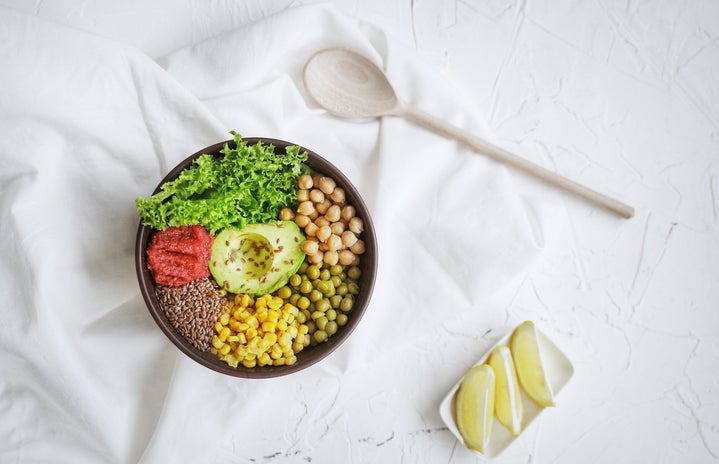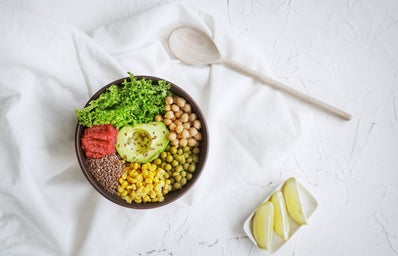A guideline for food & lifestyle
If anybody reading this is on “wellness” TikTok, you probably already know what I’m talking about when I reference the 80/20 mentality. In case you don’t, allow me to explain. In terms of diet, it means eating nutritious, whole foods about 80% of the time, and incorporating less nutritiously dense foods about 20% of the time. Now, I want to start off by saying this is not a hard and fast rule. No math is required for my fellow calculator-haters out there. It provides a general guideline to help you stick to your goals without the idea that you have to be a perfect human 100% of the time in order to be “healthy.”
The reason why I like this mentality so much, and why I use it personally, is because it promotes a sustainable approach to health and wellness. The reason why people’s quick fix diets crash and burn (looking at you, juice cleanses and no-carb) is because they aren’t feasible for the average person to continue long-term. And to be honest, can we really consider choking down seven juices a day or completely avoiding the world’s best food (a.k.a. pasta) healthy? I don’t think so. The 80/20 approach allows for flexibility and moderation, which is the true key to success. Moderation is what makes any goal accessible and sustainable.
I would also like to argue that this approach can be carried over into multiple facets of our lives, not just in what we eat. For example, as college students, it can sometimes feel like we need to be studying 100% of the time in order to get the grades we want. However, at some point, pulling overnighters will do more harm than good. Applying this mentality, taking study breaks and allowing yourself to have fun can actually lead to better results by not stressing yourself out all the time. And in the interest of being transparent, I’m definitely still working on this one.
Nobody wants to live a life where they can’t enjoy a slice of their favorite cake or take a day off every once and awhile. That life is stressful, and it’s discouraging to continue for the long-term. And that’s just the thing: you don’t need to continue living a restrictive lifestyle long-term in order to be “healthy.” While a whole pint of Ben & Jerry’s every single night might not be the healthiest idea, that doesn’t mean you can’t ever reach for your favorite flavor. Self-discipline is important, but so is self-care, both mentally and physically.


